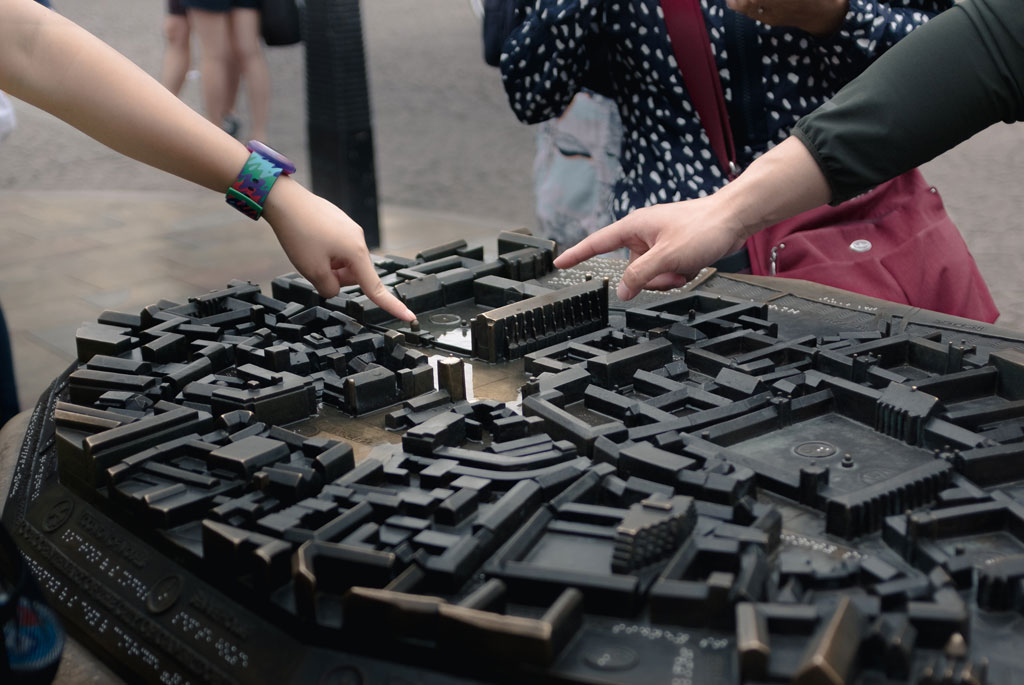
4 Things Agents Consider When Setting The Asking Price
How do real estate agents go about finding a ‘correct property price’? In arriving that important figure, there are a number of things agents need to look at before being able to give a calculated answer. Past sales on their own don’t suffice as there could have been no sales in a particular area in years and the market is likely to be quite different now.
This article gives you a good insight as to what agents look at when arriving at the property’s value. Enjoy!
4 Things Agents Consider When Setting The Asking Price
Although there is a vast amount of information available to homeowners online, there is currently no site or program outside of the real estate profession that can accurately evaluate a property. While homeowners can draw conclusions based on the information that is available, to set the right market-related value requires specific area knowledge, an understanding of the conditions surrounding the market and insight into the mind of buyers.
Regional Director and CEO of RE/MAX of Southern Africa, Adrian Goslett, says that there several influences that affect property pricing, which is why setting a fair market price takes more than an online search.
“Homes could offer similar features and be situated in the same neighbourhood, but distinguishing aspects could have one valued at a higher than the other. Determining the right asking price can only be done if all the influences are considered and weighed in,” Goslett explains.
“An experienced, real estate professional who markets homes in the area will be a valuable tool in finding the right price to list the property.”
Why is the listing price so crucial?
A home that is perceived to be overpriced will be overlooked by buyers and will sit on the market for longer than necessary. Studies reveal that the longer a home is on the market, the wider the gap between the original listing price and selling price. This is because the listing becomes stale and buyers start to question why it hasn’t sold.
On average, a home priced at around 10% above its market-related value is much less likely to sell within its first month on the market, compared to a home priced within 5% of its market value.
So what are the aspects that agents consider when determining the right, most competitive asking price for a home?
Past sales
Looking back is sometimes a great way to determine what is ahead.
Reviewing the sales history of an area over the past six months will provide the agent with insight into what buyers are prepared to pay for homes situated there. Time homes spent on the market is a consideration, along with the gap between the initial asking price and the eventual selling price.
A comparative market analysis (CMA) is the accepted method of accurately determining a property’s value.
Information and statistics are gathered from various sources and compiled together to find the average price per square meter of property in the area. By determining the square meter pricing, the agent can compare apples with apples. Once this base is found, it is easier to give an accurate appraisal of the property, taking into consideration any other factors that might have an affect the properties exact value. These factors would include the condition of the property and its size, security features, finishes and fixtures, and any other features that could set the house apart from others in the areas.
Market trends
While certain elements such as interest rate decisions, access to finance, government policy and unemployment will impact the property market throughout the country; there are specific aspects that impact micro markets in particular areas.
These aspects could include new companies moving into the area or plans for improving local amenities such as parks or shopping malls. Agents will look at the unique elements affecting the neighbourhood and consider the influence this will have on the perceived value of property. Both the wider general influences and localised factors will have an impact on home’s potential perceived value among buyers.
The neighbours
A home’s perceived value has a lot to do with its location and the homes that surround it.
While a home in the same neighbourhood – approximately the same size and age – could have recently sold for a high price, if the seller’s home is surrounded by run down homes or noisy neighbours they may not have the same fortune.
Unfortunately, it is largely out of the seller’s hands, but the neighbouring properties can have an influence on how buyers value the home. Conversely, while bad neighbours can have a negative effect, if the grass is in fact greener on the opposite side of the fence, it can have a positive impact on the value of the home.
The sweet spot
Listing the home at a price that is ‘just right’ from the outset is key to selling within the fastest time frame and for the best price.
Inflating the price will scare prospective buyers away while pricing too low will rob the seller of potential profit – it all about finding the sweet spot or Goldilocks price.
Goslett concludes by saying that working with a reputable, experienced real estate agent to ensure the home is listed at the correct price from day one, will ultimately make all the difference in achieving the seller’s goal.
This article was issued by RE/MAX South Africa – http://www.remax.co.za/






